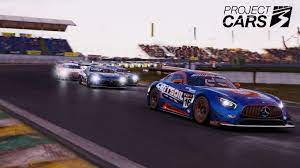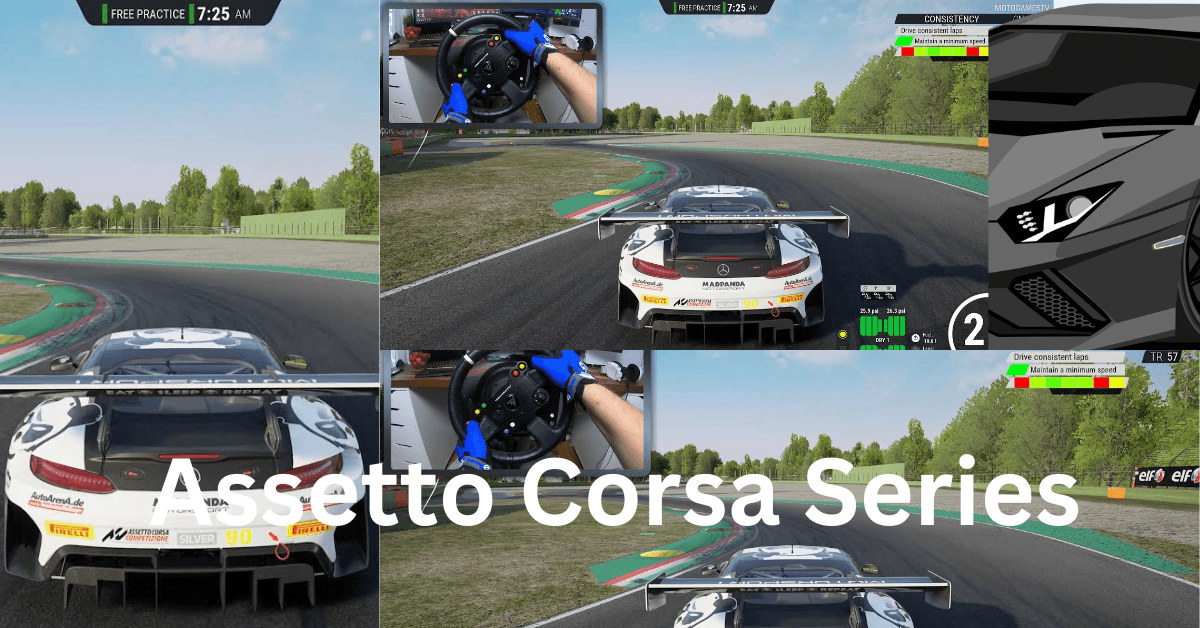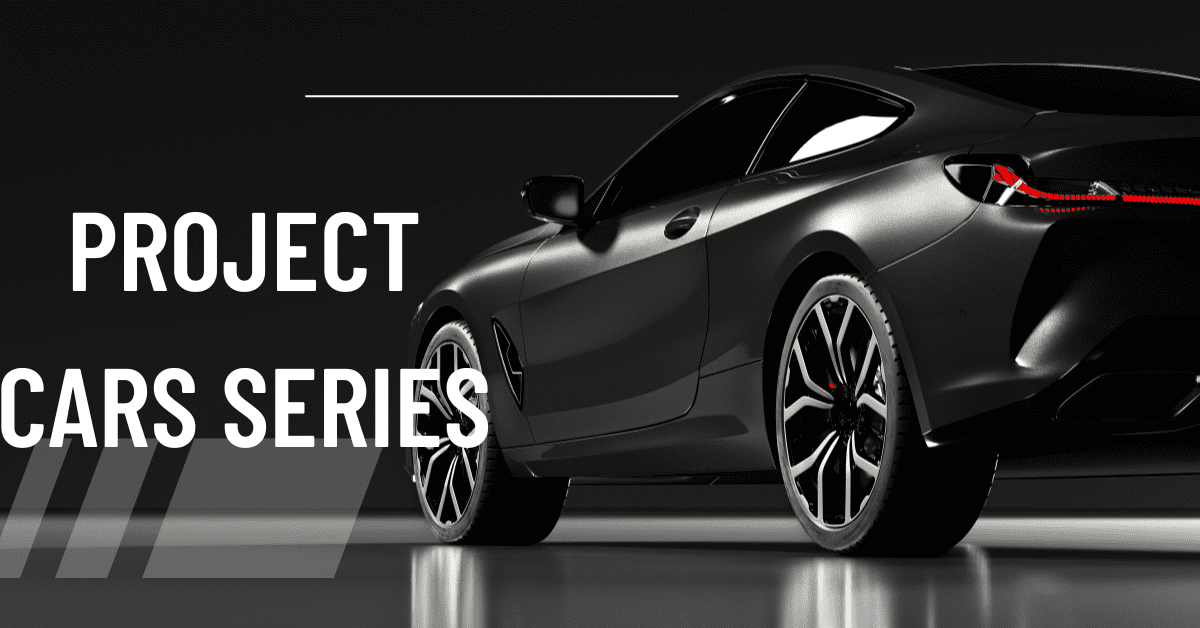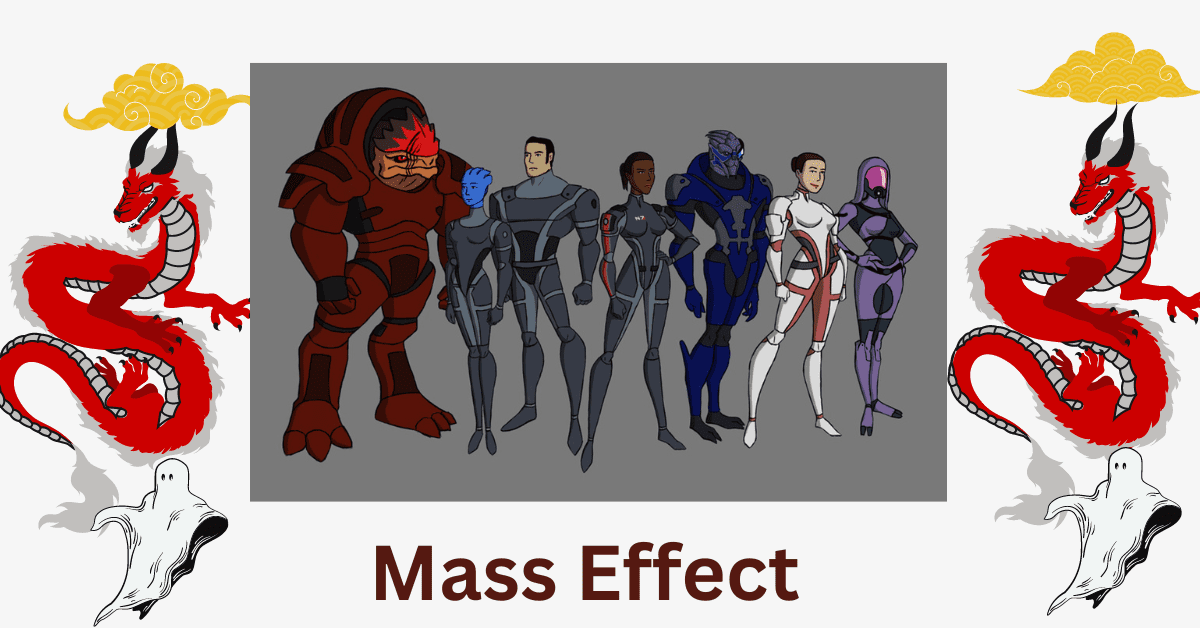Project Cars is a racing/simulation video game series developed and published by Slightly Mad Studios. With realistic physics, weather, and time-of-day systems, career mode, and multiplayer options, the Project Cars series offers a comprehensive and immersive racing experience that has captured the attention of racing enthusiasts worldwide.
This article will look at the history, gameplay mechanics, and pros and cons of the Project Cars series and its future. Our goal is to offer you a thorough guide that can assist you in determining whether Project Cars is a suitable racing game.
A brief overview of the Project Cars series
Project Cars is a series of racing/simulation video games that allows players to race in various vehicles, including sports cars, touring cars, and open-wheel cars. The series offers highly realistic graphics, physics, and a comprehensive vehicle customization system.
Explanation of the racing/simulation genre
Racing/simulation games are video games that aim to recreate the experience of driving a race car realistically. These games usually feature highly realistic physics, damage models, customization options for vehicles, multiplayer options, and career modes.
History of the Project Cars Series
The Project Cars series has been well-received by critics and racing enthusiasts alike since the release of the first game in 2015. In this section, we will take a look at the history of the series, including the development and out of the first game, the success of the first game and its impact on the genre, the release of Project Cars 2 and its improvements, and the announcement of Project Cars 3.
Development and release of the first Project Cars game
The first Project Cars game was developed by Slightly Mad Studios and published by Bandai Namco Entertainment. In May 2015, the game became available for Microsoft Windows, PlayStation 4, and Xbox One. The game received positive reviews from critics, who praised its realistic graphics, physics, and comprehensive vehicle customization system.
The success of the first game and its impact on the genre
The success of the first Project Cars game significantly affected the racing/simulation genre. The game was praised for its highly realistic graphics, physics, and comprehensive vehicle customization system. The game’s success also inspired other racing games to improve their graphics, physics, and customization options.
Release of Project Cars 2 and its improvements
In September 2017, the release of Project Cars 2 occurred and built upon the first game’s success. The game featured improved graphics, physics, and more vehicles and tracks. The game also introduced a dynamic weather and time-of-day system, adding to the racing experience’s realism.
Announcement of Project Cars 3
In June 2020, Slightly Mad Studios announced the development of Project Cars 3. The game was released in August 2020 and introduced several new features, such as a streamlined career mode and a focus on accessibility for casual players.
Gameplay Mechanics
Customization options for vehicles
One of the standout features of the Project Cars series is the ability to customize vehicles in a detailed and realistic manner. From tweaking individual components such as tires and suspension to creating custom liveries and decals, players have a high degree of control over the look and performance of their vehicles. The game also offers a variety of real-world manufacturers to choose from, allowing players to create their dream cars.
Realistic physics and driving mechanics
Project Cars is known for its realistic physics and driving mechanics, which accurately simulate the handling and performance of different vehicles. This level of realism can be challenging for new players, but it offers a rewarding and immersive experience for those willing to put in the time to master it. The game also provides various control options, from the gamepad to the racing wheel, to cater to different playstyles.
Dynamic weather and time-of-day systems
The game’s dynamic weather and time-of-day systems add another layer of realism to the gameplay experience. Weather conditions can change mid-race, with rain affecting visibility and making the track slippery. The time of day also affects the lighting and shadows on the way, adding to the game’s immersion.
Career mode and multiplayer options
Project Cars offers both a single-player career mode and multiplayer options for players to enjoy. In career mode, players can start as rookie drivers and work up to becoming a racing legend, with various events and challenges to overcome. Multiplayer offers competitive and cooperative options, allowing players to race against each other or to take on challenges together.
The gameplay mechanics in the Project Cars series offer a high degree of customization and realism that sets it apart from other racing games. While the steep learning curve may be intimidating to new players, those who take the time to master the game will be rewarded with a deep and immersive racing experience.
Pros and Cons of the Project Cars Series
Advantages of the series, such as realism and customization options
Realism: Project Cars is known for its high degree of authenticity in driving mechanics, physics, and vehicle customization. This makes the game appealing to players looking for a more realistic racing experience.
Customization: As mentioned before, the game offers a high degree of vehicle customization, allowing players to create their dream cars and fine-tune their performance.
Graphics: Project Cars has impressive graphics, particularly in terms of the lighting and weather effects, which add to the game’s immersive experience.
Variety: The game offers various racing events and disciplines, from GT racing to Formula 1, providing players with multiple options.

Criticisms of the series
Steep learning curve:
The high degree of realism and customization in Project Cars can also make the game challenging for new players. Some may find the learning curve too steep, leading to frustration and a lack of enjoyment.
Bugs and glitches
Like any game, Project Cars is not immune to bugs and glitches. Some players have reported issues with crashes, frame rate drops, and other technical problems.
Lack of accessibility
The level of realism and difficulty of the game can also make it less accessible to casual players not looking for a simulation-like experience.
Comparison with other racing/simulation games
Compared to other racing and simulation games, Project Cars offers a unique experience focused on realism and customization. While games like Forza Horizon and Need for Speed may offer more arcade-like experiences, Project Cars stands out for serious racing enthusiasts looking for a challenge.
In summary, the Project Cars series offers high realism, customization, and variety that sets it apart from other racing games. However, the steep learning curve and occasional bugs may be a turn-off for some players, and the level of realism may make it less accessible to casual players. Ultimately, whether or not you enjoy the game will depend on your preferences and experience with racing games.
Future of the Project Cars Series
Despite this, Project Cars 3 did introduce some welcome changes to the franchise, such as a more extensive selection of vehicles and tracks. The game also introduced a new career mode, which allowed players to progress through different tiers of motorsport, from go-karts to GT racing. The multiplayer options were expanded, allowing more accessible online racing with friends or random players.
It is unclear if there will be a Project Cars 4 or the series will take a new direction. Slightly Mad Studios has not announced the franchise’s future officially. However, the reception of Project Cars 3 and the community’s support will likely play a significant role in determining the end’s future.
Franchise’s direction
Regardless of the franchise’s direction, it is clear that Project Cars has established itself as a significant player in the racing/simulation genre. Its focus on realism, customization options, and attention to detail has earned it a dedicated following of fans who appreciate the attention to detail and depth of gameplay.
As technology advances, imagining the possibilities for future games in the series is exciting. With more powerful hardware and increasingly sophisticated software, the potential for even more immersive and realistic racing experiences is enormous. It is up to developers like Slightly Mad Studios to continue pushing the boundaries of what is possible in the racing/simulation genre.
Ultimately, the future of the Project Cars series is in the hands of the fans and the developers. With continued support and dedication from both parties, the franchise will continue making waves in the world of racing games for years to come.
Summary
Throughout this article, we have explored the history of the Project Cars series, including its development, release, and impact on the genre. We also looked at the gameplay mechanics that make the series unique, such as the extensive customization options, realistic physics and driving mechanics, and dynamic weather and time-of-day systems. Additionally, we discussed the series’ pros and cons, highlighting its advantages, such as its realism and depth of gameplay, and its criticisms, such as the steep learning curve and occasional bugs.










Leave a Reply